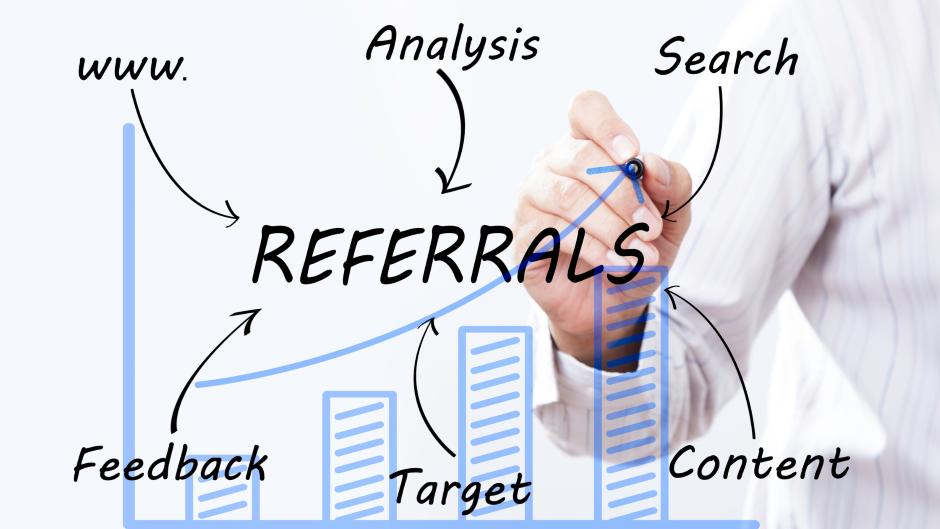
Have you ever premiered a shiny new WordPress theme only to face endless client revisions and unexpected CSS issues? You’re in good company because even seasoned agencies can fall into a handful of recurring mistakes that delay projects.
This blog aims to act as a guideline to identify and navigate common WordPress pitfalls that agencies commonly face.
1. Miscommunication with Clients
Have you ever developed a blueprint for a website only to find out it does not align with the customer’s vision. This happens more often than not since function and feature plans tend to get lost in communication.
The website you spent time building now turns into a mess that you have to fix. How do I avoid this? Use documentation and establish proper communication protocols.
The following are some steps to ensure that both parties can communicate clearly throughout a project lifecycle:
- Prepare scope documents, wireframes, and sitemaps
- Get written approval on final designs before starting development
- Periodic meetings with clients to validate development milestones
- Use project management tools to track change requests and sign-offs.
These are some steps to consider to foster communication between both parties. This ensures the project is aligned throughout each implementation phase.
2. Disorganised Planning
Rushing into development without a clear roadmap creates immediate clutter and spaghetti code. Slowly, it compounds over time. Poorly organised themes become technical debt as future feature additions take longer, bug fixes grow more complex, onboarding new developers slows down, and testing across environments becomes a headache.
Take these steps to ensure your phases are properly planned:
- Gather essentials first: image assets, required functionality, API keys
- Map your theme structure: ACF blocks, partials and asset folders
- Define descriptive naming conventions for functions and variables
- Standardise your boilerplate with named folders and build scripts
This upfront planning not only keeps your codebase clean but also streamlines future updates, accelerates team ramp-up and makes extending functionality far simpler.
3. Plugin Reliance
Plugins on WordPress can achieve many things and it can be tempting to use plugins to fulfill every functional requirement. Every plugin used adds a technical debt as before long you will be juggling performance bottlenecks and version conflicts for each one.
Take these steps to ensure that you only use the necessary plugins for your website:
- Install only trusted plugins with proven track records
- Build custom functions with minimal code instead of using plugins
- Regularly audit plugins and remove anything that is not necessary
This helps reduce the overall bulk provided by plugins as an increasing reliance on them can impede future website development.
4. Spaghetti Code
If your codebase is a mess today, it’ll be a pain to navigate in the future. Unorganised code with zero documentation is a recipe for disaster. This makes it harder to find issues and make necessary updates in future iterations. Reduce this by building your codebase with future maintenance in mind.
These are a few steps you can take to organise your codebase:
- Assign dedicated SCSS files to each block
- Avoid using inline styles and scripts
- Add comments and logical structures to your template files
- Compile and minify your SCSS into production CSS
- Include a README.md that explains the overall setup and theme options.
This can help clean your codebase, ensuring that you can comeback to it in 6 months and add new functions with peace of mind.
5. Lack of Version Control
One accidental overwrite or a plugin update gone rogue can bring a site to its knees. If you’re not using Git and regular backups, you’re courting unnecessary risk.
How to Avoid This Mistake
- Initialise every theme project in a Git repository
- Commit early and often with clear messages (e.g. feature/footer-newsletter, fix/menu-toggle)
- Set up automated backups via a plugin like UpdraftPlus or at the server level
- Maintain separate development, staging, and production environments to test updates safely
This saves you from having to roll out broken code as you can test and deploy to staging automatically. This also has the added benefit of boosting client confidence that updates won’t break production.
Your next steps
Enhancing your knowledge on WordPress development pitfalls is important in maintaining a professional codebase.
We are a white label agency that can help you adopt the best practices for WordPress development, including website performance and maintenance to ensure your sites stay optimised, secure, and scalable.
We’d love to hear your thoughts! Share this post with your network or subscribe to our newsletter for more insights on tackling collaboration challenges in your agency.
Related Articles
Why Choose Us?
With decades of experience and a dedicated team, we are committed to delivering high-quality web development services. Our client-centric approach ensures that we understand your needs and provide solutions that exceed your expectations.








